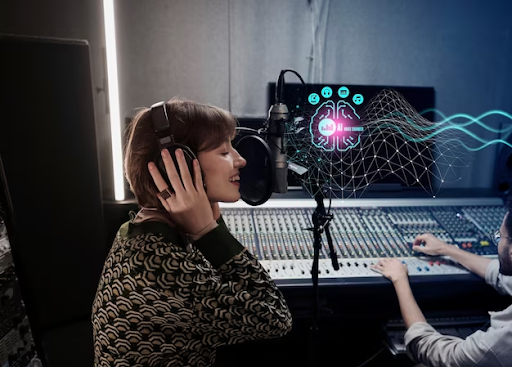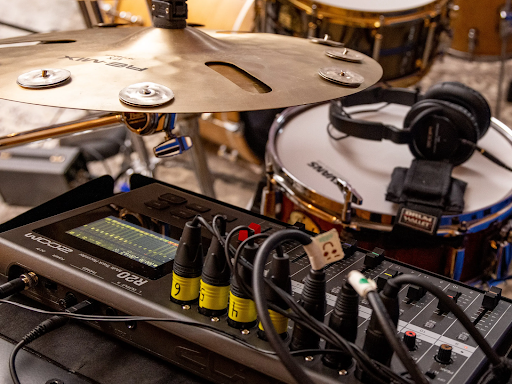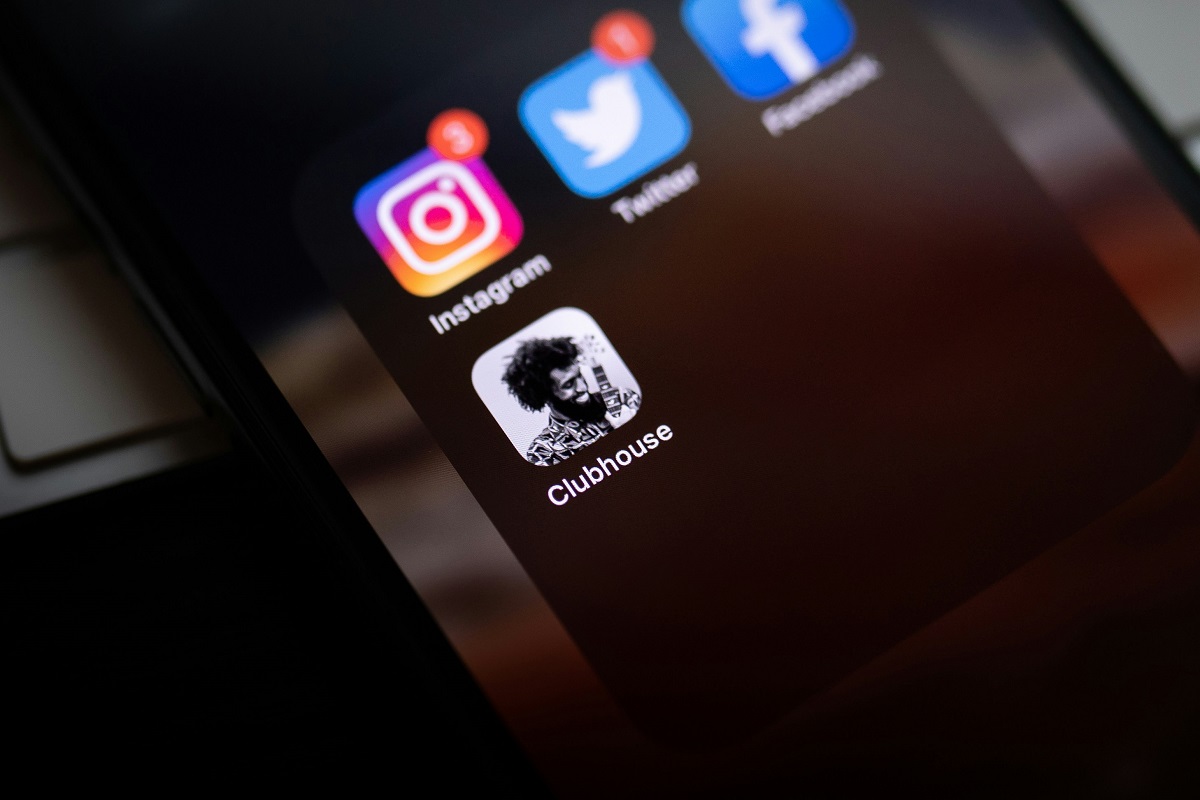
The music industry has constantly evolved over time. In this digital age, the impact of technological progress on the way we create, share and enjoy music. In this fascinating and technical exploration of the complex relationship between music and technology, we will explore the endless revolution within the music industry, underlining the critical role that technology has played in shaping the musical landscape.
In the past, creating music and sharing it was entirely different. It took longer, and you required a big recording brand to help you. Bands were usually made up of 4 or 5 members. But now, thanks to technology, you can record, blend, and share music easily, even before you finish your morning tea. You don’t always require a big record label, and bands can be any size. We will see even more changes in the music industry over time, and it will affect how music is made, shared, enjoyed, and how musicians make money from it. So, let’s go through the digital era and see how technology has changed music. Whether you’re a casual listener or a big music fan, you’ll find something interesting here.
Advancements in Music Production

The modern music industry has a great deal of the impact of World Wars I and II on its back. These battles were conducted in what we now consider the foundation of the modern music landscape. Radios became commercially available to households, quickly becoming the dominant source of entertainment. As early as 1923, the first radio advertisement was initiated. Post-World War II, music found a new home on radios, marking the start of an industry where radio stations could support music through advertising revenue.
In the 1960s and 70s, FM radio gained immense popularity, with record players becoming commonplace in homes. Record sales appeared as an influential revenue stream for artists and producers. During this era, music tracks were mixed live during performances in technical recording studios, and it was also the time when major record labels began to maintain their power. Record labels helped multiple artists, aspiring for a select few to become successful stars. Concurrently, artists and labels united on producing and promoting records, securing airplay, and planning live performances.
The collaborative relationship between labels and artists appeared out of necessity. Mixing a commercially feasible recording was a complex, technical effort that required financial investment, not to mention the significant costs associated with physically making records. While not without defects, this system remained the primary road for musicians for decades.
Multitrack Recording: A Game-Changer in Music Production

Nowadays, relying on expensive recording studios and vast recording sessions is no longer the only option for musicians. Technology has become more consolidated and cost-effective, making many of the necessary tools accessible to anyone, even in their basements. Software tools can be carried virtually anywhere in the world. Instruments and equipment, spanning from acoustic guitars to MIDI controllers, can be ordered online and delivered in a few days.
The climactic shift from live mixing to multitrack recording has changed music production. With multitrack recording, musicians can record individual tracks separately and later combine and mix them. This technique allows for the recording of various instruments on distinct tracks, providing the versatility to create a full song while having the ability to fine-tune even the minutest details of a track long after it’s been executed.
Moreover, the ease of use of recording technology has greatly improved. Music editing software, known as Digital Audio Workstations (DAWs), is easily available today and can be purchased for under $100. They can be mastered within a week and offer abilities far transcend those of traditional soundboards.
Social Media and Online Advertising

Modern musicians have a lot of technological tools, ranging from DAWs and vocoder to social media platforms and music streaming services. This accessibility has turned the control of music production away from record labels, setting it precisely in the hands of the musicians themselves. However, this evolution also poses challenges related to monetization. Current technology not only benefits music production but also designates musicians to self-promote and develop revenue. Social media plays a vital role in revolutionizing the music industry. Platforms including YouTube, Facebook, TikTok, Spotify, SoundCloud, and Bandcamp are at the forefront of this revolution.
Some benefits include musicians no longer having to compete for limited stand space in physical stores, nor do they need to engage with distributors. Musicians can earn revenue through music streaming, royalties, licensing agreements, and even online music tutorials. By eliminating the need for mediators like record labels, musicians can engage directly with their audience. While this gives creative control, it also needs artists to handle the business aspects of the music industry. Self-promotion has never been more essential, yet it has also never been more convenient and cost-effective. Social media and online advertising serve as powerful tools for those in the entertainment sphere.
Future of the Music Industry
The future of music production lies in the hands of this generation of musicians. Throughout history, the condition has driven the evolution of musical technology, from microphones to acoustic panels. Each new technical progress has modified the business of music. Today, more music is being listened to, shared, and marketed than ever before. Musicians find the most effective methods for circulating their music and earning a livelihood. Will the future of music spin around streaming services, digital file deals, or completely novel paradigms? Only time will reveal the answer.





